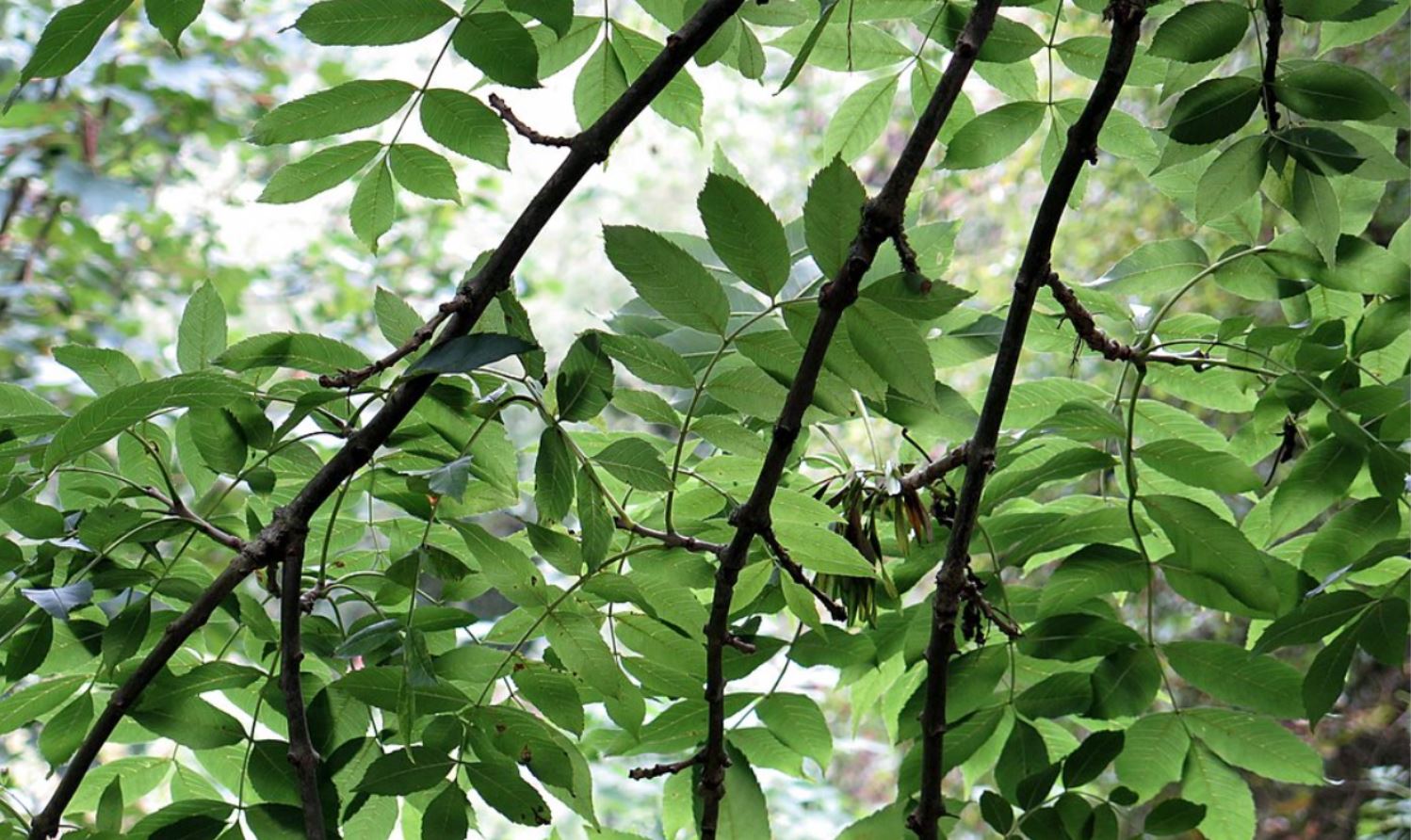The chair of the Joint Oireachtas Committee on Agriculture, Food and the Marine has said that he is confident there will be progress made on the ash dieback issue.
Jackie Cahill said that the desperation could be felt in the pleas made by members of the Limerick Tipperary Woodland Owners Ltd. (LTWO) when they recently appeared before the committee.
Following that, the Tipperary TD met with Minister for Agriculture, Food and the Marine Charlie McConalogue to explore what more could be done for those affected.
“I am confident that there is something going to be done for the farmers with ash dieback,” he told Agriland.

“They go out everyday and see their plantations dying in front of their eyes. The reality is a lot of these people planted these ash plantations in order to have a pension pot.
“All of the figures showed that it was an extremely viable economic crop,” the TD stated.
Cahill explained that the love of hurling in particular parts of the country also meant that people were happy to grow ash, in some cases on better quality land than is often used for forestry.
The TD suggested that changes should be made to the Reconstitution and Underplanting Scheme (RUS) to better compensate impacted forestry owners.
The scheme was established in June 2020 to offer financial support to landowners. It replaced an original measure that was introduced in 2013.
Cahill said that participation in the scheme isn’t what would have been expected.
“What I have been consistently pushing for is if they replant, with whatever crop they want, they should be given a forestry premium for the next 15 years as payment for the new plantation.
“It won’t put huge pressure on the exchequr because it will be paid over 15 years,” he said.
“As well as that, I think it will bring a small bit of fairness to the equation as they have lost their financial gain from this crop. This will give them an income stream for the next 15 years.
“I think the vast majority of people with ash dieback would welcome that with both hands. I’m not trying to say that it will nullify all the loss they have suffered, but at least they would have an income stream for 15 years,” Cahill outlined.
“Unfortunately, plantations have to be cleared and there is no real commercial value to the timber that’s there. We need a scheme that will allow those plantations to be cleared without putting any further economic pressure on the foresty owner,” he continued.
“There is a lot of argument about the cost of that. Maybe the RUS scheme can be modified to ensure that costs can be covered. At the moment, people tell us that the costs aren’t being covered.
“It’s obvious from talking to the representatives of the people with ash dieback that what’s there isn’t making it financially viable for these plantation owners to clear and replant,” Cahill said.
